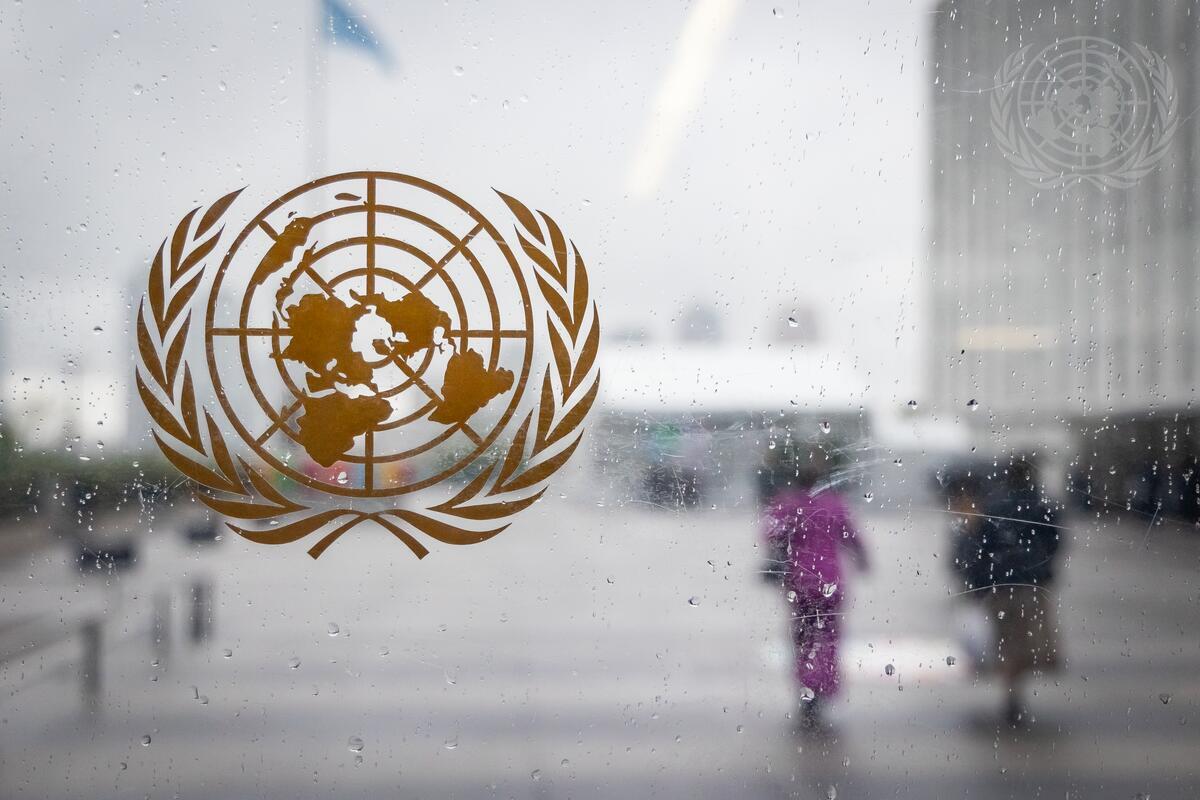A joint statement on reprisals for cooperation with the United Nations has been delivered annually at the General Assembly since 2019. Initially led by the United Kingdom, Ireland and Uruguay have taken up the lead in recent years.
The statement recognises the vital role of human rights defenders and civil society in the UN’s work and condemns online and offline intimidation and reprisals by State and non-State actors against those who engage or seek to engage with the UN, including its mechanisms and representatives. It calls out the grave human rights violations – arbitrary arrest, detention, and torture and ill-treatment – that those approaching the UN are subjected to. Crucially, it calls on all States and the UN to prevent, respond to, and ensure accountability for cases of intimidation and reprisals.
This year’s statement notes in particular the increase in the scale and sophistication of transnational targeted repression, attempts to intimidate independent mandate holders and international organisations, and targeting of LGBTIQ+ persons.
The statement refers to the report of the Secretary-General on reprisals and intimidation related to UN engagement to draw attention to how shrinking civic space – coupled with the deployment of national security laws against civil society, surveillance, funding and registration restrictions etc. – adversely affects engagement with the UN as well as reporting of incidents of reprisals. It also emphasises that a reduction in reported instances of reprisals is not necessarily a positive development, as self-censorship and fear of further reprisals can hamper reporting.
The statement has been joined by approximately eighty States for the last couple of years – this time, it saw sign-ons from seventy countries (plus the European Union). While we welcome Bolivia’s participation for the first time this year, we regret that Ecuador, El Salvador, Fiji, Kiribati, Liberia, North Macedonia, Paraguay, Peru, Samoa, Turkiye and the United States have not joined the statement despite their participation in 2024. We hope that an even larger number of States will show their support for this important statement in the future.




